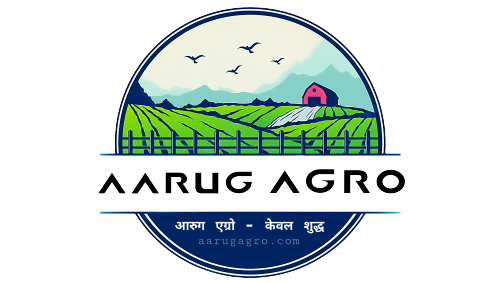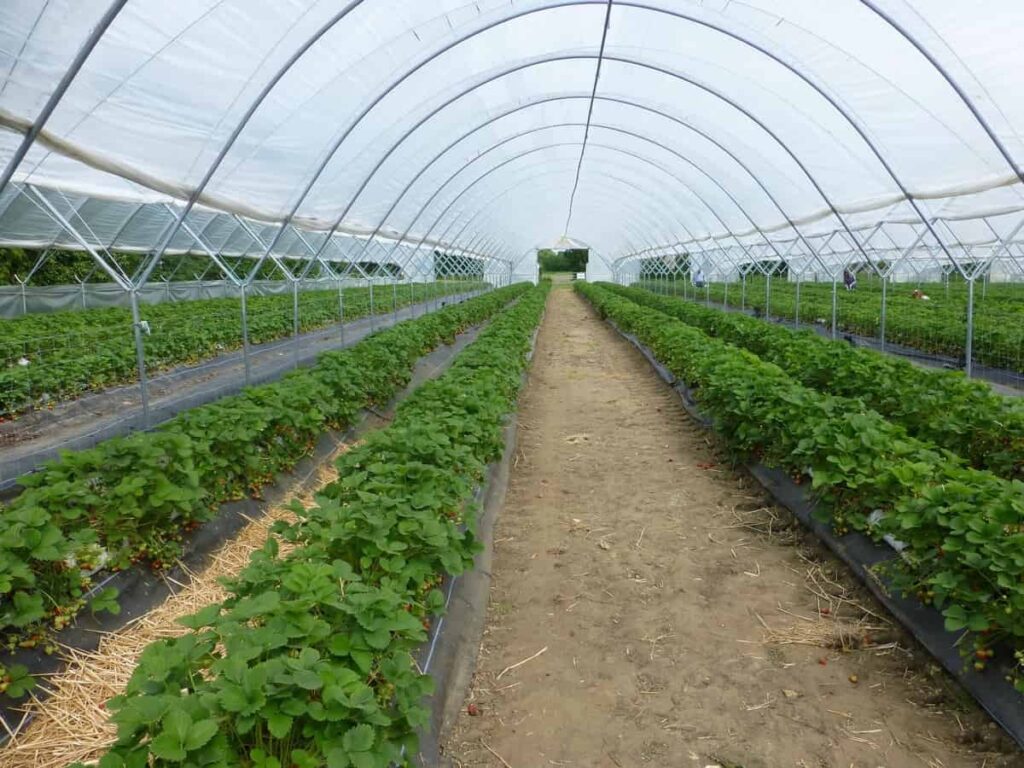Greenhouse Farming in South Africa: Greenhouse farming is an emerging trend in agriculture that offers numerous benefits, including increased yields and reduced environmental impact. In South Africa, where the climate is hot and dry, greenhouse farming has gained popularity as a means to cultivate crops in controlled environments. In this comprehensive guide, we will explore the advantages of greenhouse farming, discuss different types of greenhouses, and provide essential information for those interested in starting their own greenhouse farm in South Africa.
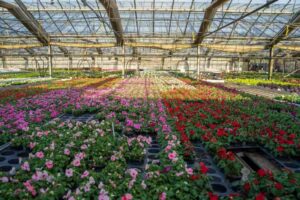
Section 1: Understanding Greenhouse Farming
The Concept of Greenhouse Farming: Greenhouse farming involves creating controlled environments for crop production. These environments, often made of glass or plastic, allow sunlight in while maintaining warmth inside, enabling year-round cultivation. This technology has become popular due to its ability to overcome limitations imposed by cold weather and lack of outdoor irrigation.
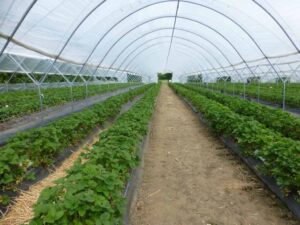
Advantages of Greenhouse Farming: Greenhouse farming provides farmers with greater control over their crops and allows for optimal harvesting times. By creating controlled environments, greenhouses enhance crop management, resulting in increased production and improved crop quality. This technology has contributed to the growth of various fruits, vegetables, and flowers in South Africa and other countries.
Section 2: Benefits and Challenges of Greenhouse Farming in South Africa
Benefits of Greenhouse Farming: Greenhouse farming in South Africa offers several advantages, such as extended growing seasons, higher crop yields, reduced water usage, protection against pests and diseases, and decreased environmental impact. The controlled environment ensures consistent production and promotes sustainable agricultural practices.
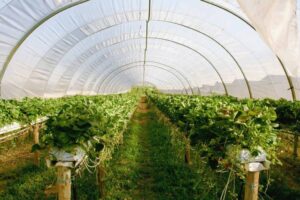
Challenges of Greenhouse Farming: While greenhouse farming brings many benefits, it also presents challenges. The volatile South African weather can pose risks to crops, making proper infrastructure, including ventilation and heating systems, crucial. Additionally, pest and disease management require attention to maintain a healthy greenhouse environment.
Section 3: Types of Greenhouses in South Africa
Different Types of Greenhouses: South Africa utilizes various types of greenhouses, including lean-to, even-span, and uneven-span structures. Lean-to greenhouses are simple and traditional, while even-span greenhouses offer flexibility and better temperature control. Uneven-span greenhouses provide a more natural appearance and temperature regulation.
Section 4: Getting Started with Greenhouse Farming in South Africa
Site Selection and Infrastructure: Choose a suitable location for your greenhouse farm, considering sunlight exposure, wind patterns, and access to utilities. Select the appropriate greenhouse type based on your space and crop requirements. Ensure the greenhouse has proper ventilation, heating, and insulation systems to create an optimal growing environment.
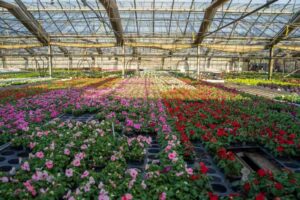
Cultivating Suitable Crops: Research and select crops that thrive in greenhouse environments in South Africa. Consider market demand, profitability, and compatibility with greenhouse conditions. Common crops grown in South African greenhouses include tomatoes, cucumbers, peppers, strawberries, and flowers.
Maintaining and Managing the Greenhouse: Monitor the greenhouse environment regularly, adjusting temperature, humidity, and nutrient levels as needed. Implement proper watering and fertilization techniques, as well as pest and disease management practices. Regular maintenance, pruning, and removal of dead or diseased plants are essential for a healthy greenhouse.
Conclusion:
Greenhouse farming offers South African farmers a range of benefits, enabling year-round crop production, higher yields, and reduced environmental impact. By understanding the principles of greenhouse farming, selecting suitable crops, and implementing proper cultivation practices, farmers can successfully embark on greenhouse farming ventures. It is important to address challenges such as weather fluctuations, infrastructure requirements, and pest control to maintain optimal greenhouse conditions. Embrace the advantages of greenhouse farming and contribute to sustainable agricultural practices in South Africa.
